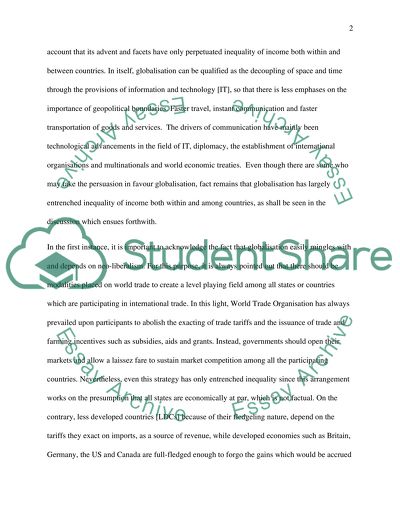Cite this document
(Has Globalization Increased Inequality Literature review, n.d.)
Has Globalization Increased Inequality Literature review. Retrieved from https://studentshare.org/macro-microeconomics/1492253-global-business-environment
Has Globalization Increased Inequality Literature review. Retrieved from https://studentshare.org/macro-microeconomics/1492253-global-business-environment
(Has Globalization Increased Inequality Literature Review)
Has Globalization Increased Inequality Literature Review. https://studentshare.org/macro-microeconomics/1492253-global-business-environment.
Has Globalization Increased Inequality Literature Review. https://studentshare.org/macro-microeconomics/1492253-global-business-environment.
“Has Globalization Increased Inequality Literature Review”, n.d. https://studentshare.org/macro-microeconomics/1492253-global-business-environment.


